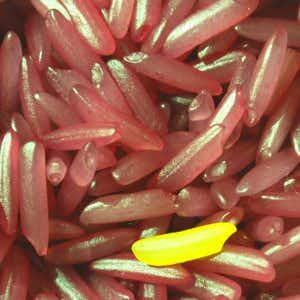
One of the most divisive topics in health care right now is whether it makes sense to take a statin if you don’t have heart disease. Some physicians are adamant that this is essential, especially for people with risk factors such as high blood pressure or excess birthdays. Others point out that the data for people without heart disease is unconvincing (Redberg & Katz, JAMA Internal Medicine, Nov. 15, 2016). No wonder patients are confused! Some would like to try natural approaches to lowering cholesterol. They may wonder about combining a supplement with a statin. Is red yeast rice safe in such a combination?
Is Combining a Statin with Red Yeast Rice Safe?
Q. My cholesterol is elevated (268). For years, my doctor has been trying to get me to take a statin.
I finally gave in and am on pravastatin at bedtime. I really am against taking a statin. Is it OK to take red yeast rice in addition to the pravastatin? I hope eventually to take the red yeast rice instead of a statin.
Don’t Try This at Home!
A. You should not take both red yeast rice and a statin. There is no significant benefit to adding red yeast rice, but the combination might be more likely to cause side effects.
Why not try the pravastatin to see if you tolerate it? Many people do.
Should You Try Red Yeast Rice at All?
If you want to switch to red yeast rice later, be sure to discuss your plans with your physician. A reliable brand of red yeast rice (an important qualification!) should lower cholesterol about as well as pravastatin (Halbert et al, American Journal of Cardiology, Jan. 15, 2010). A recent review of red yeast rice trials found red yeast rice safe. In addition, it concluded that this supplement can lower cholesterol, but there aren’t large, long-term studies that would show if it prevents premature death (Peng, Fong & Pelt, American Journal of Nursing, Aug. 2017). This situation parallels the problem discussed above with statins.
You can learn more about this and other ways to reduce your cardiovascular risk in our Guide to Cholesterol Control and Heart Health.

